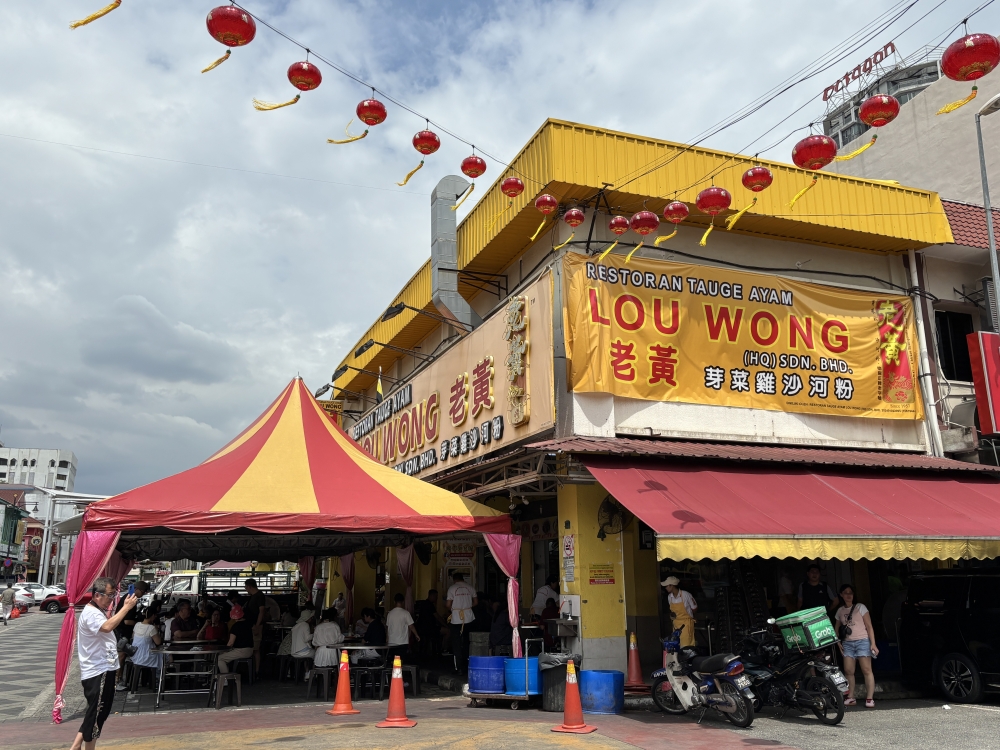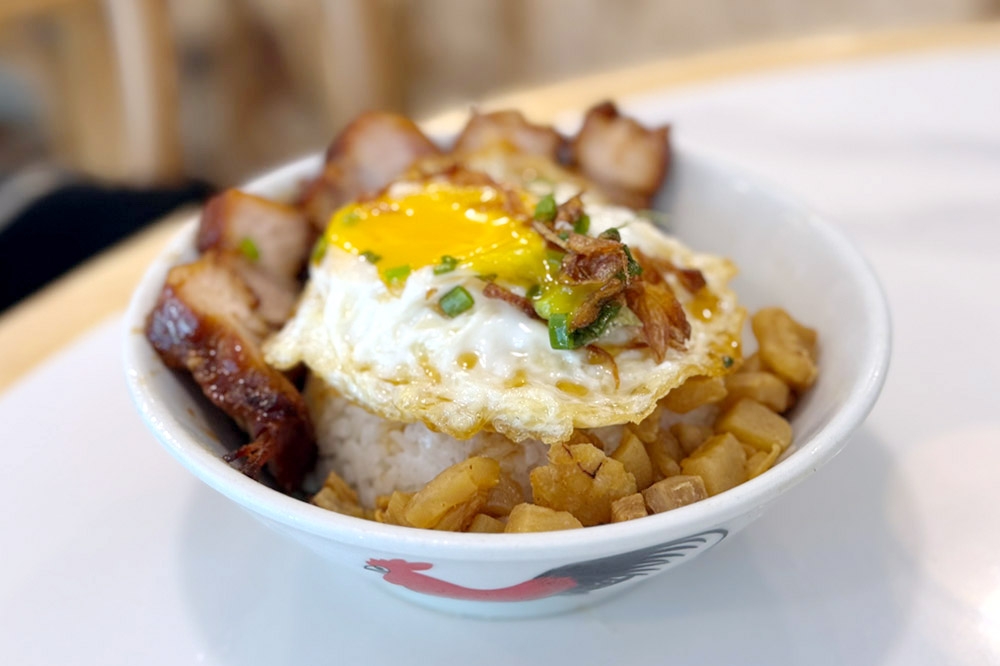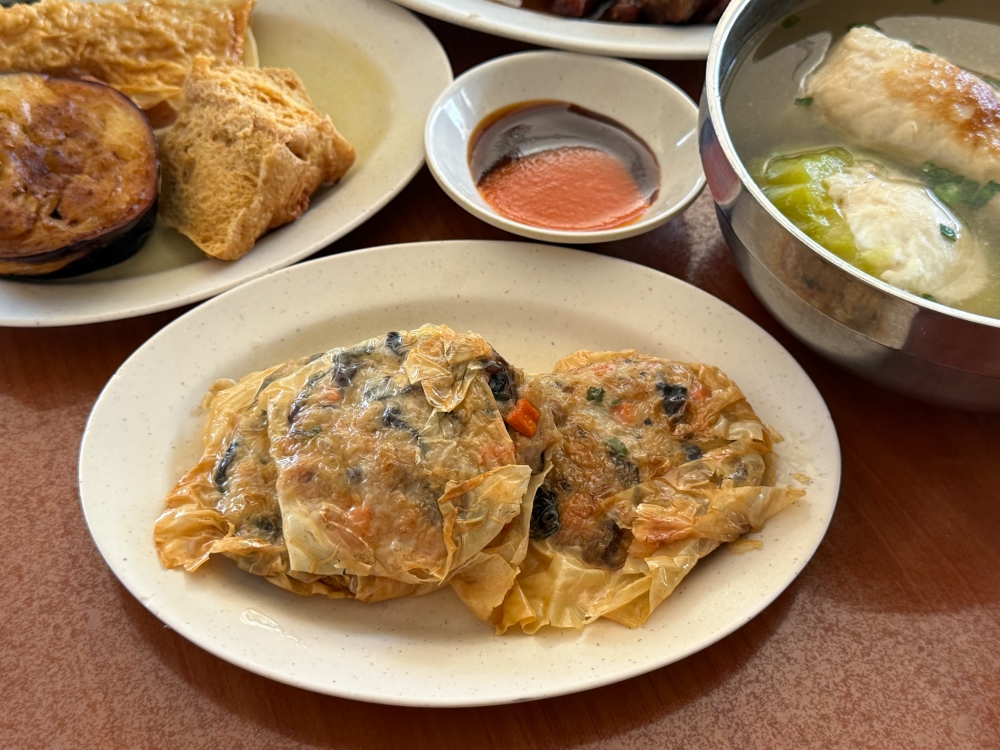SINGAPORE, April 24 — Members of the Chinese-speaking community in Singapore now have a food delivery platform to turn to when craving for some mala hotpot, dumplings, beef noodles or meat buns.
While food delivery mobile applications have grown in popularity here, entrepreneur Alex Tian Ye noticed that many of his friends who are expatriates from China did not use them.
“My Chinese friends preferred to find the phone numbers of Chinese eateries and call them directly to arrange for a delivery,” Tian, 36, told TODAY.
Tian found it strange as food delivery apps are widely used in China.
He found out some reasons why they preferred to pick up the phone:
Most, if not all, food delivery apps here are in English, posing a barrier to those who are not proficient in the language.
Descriptions of menu items of the eateries that provide a translation are not very accurate.
Food delivery apps here tend to offer more local or Western food choices, and classic Chinese dishes are harder to come by.
To cater to this group of consumers, Tian began working on Delivery Chinatown in June last year and launched it in December.
Unlike the typical food delivery apps, Delivery Chinatown is a mini-programme on popular Chinese messaging platform WeChat. Users have to install the WeChat app and search for Delivery Chinatown on its list of mini-programmes.
The platform operates only in the Chinese language and now has 18 eatery partners that are all located in Chinatown.
Explaining why he decided to do things differently from other food delivery players, Tian — who came to Singapore as a teenager on a Ministry of Education scholarship — said: “Chinese users already use WeChat and mini-programmes on WeChat can be quickly accessed via a shared hyperlink or by scanning a unique QR code, so our customers will not need to install yet another app.”
This makes it easy to market his start-up to Chinese consumers here, he said.
How does it work?
Customers may choose items from the virtual menu and have the dishes delivered to their doorstep.
The platform is unique in that it allows users to order multiple dishes from different eateries and have them consolidated into a single delivery — without any extra delivery fees.
“This is possible because the eateries are located near each other. Customers will find this useful when they want to have a variety of dishes on the table,” Tian said.
The platform also has a group delivery feature which enables users at the same location to consolidate their orders remotely via a shared hyperlink. This reduces the cost of delivery because the delivery fee is split among users.
Users can also get discounted delivery fees if there are others nearby who have already placed their orders and are waiting for their food to be delivered.
Since December last year, the company has been delivering to customers in the Central Business District (CBD) from 11.30am to 2pm on weekdays.
It is in the midst of expanding into island-wide delivery as it recruits more delivery riders and extends the delivery hours for some partner stalls, Tian said.
It charges a flat fee of S$3 (RM9.13) for deliveries to the CBD or within 2.5km from Chinatown, and uses an algorithm to adjust delivery charges for areas beyond the CBD.
Target of 40,000 monthly orders
Delivery Chinatown may also become a standalone app in future, said Tian.
“Currently, the platform is limited by WeChat because users cannot use their local credit and debit cards to pay, and have to pay cash on delivery or use cashless options such as WeChat Pay or PayNow,” he said.
From more than 1,000 registered users now, Tian aims to reach about 300,000 consumers in Singapore.
He also aims to increase the platform’s monthly orders from more than 100 now to 40,000 by the end of the year.
Potential challenges include manpower costs, which remain high even though there is no shortage of freelancers to deliver food.
Tian, who also owns software and e-commerce companies, estimated that he has invested S$100,000 of his own money into the platform so far. He is in talks with potential investors, he said.
What do users say?
Marketing associate Joy Wong, 28, said that she uses Delivery Chinatown on weekdays to make group orders with her colleagues.
“Compared with other apps, it offers options that are tastier and does not charge a premium for its service,” she said.
Mao Xihui, 32, a banker, noted the platform’s limited hours of service and delivery zone, but liked the food options that are not available on other platforms such as Deliveroo and Foodpanda.
“We normally have a team or department lunch where we order different delicacies from Chinatown, such as the beef noodles, spicy side dishes and meat buns,” she said. — TODAY





















